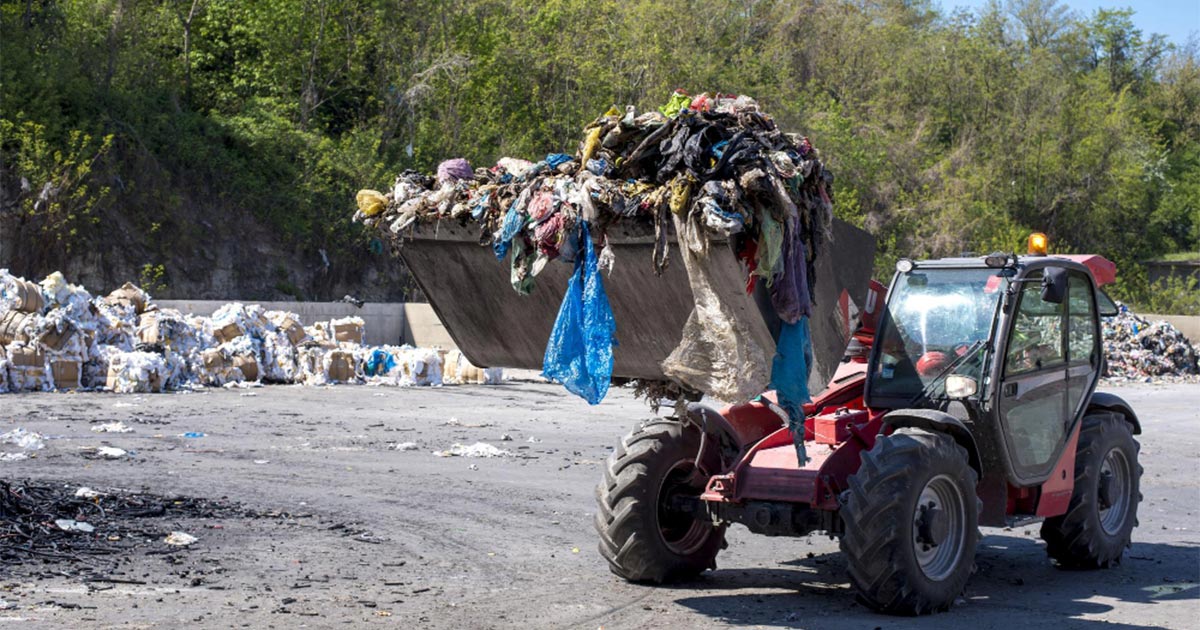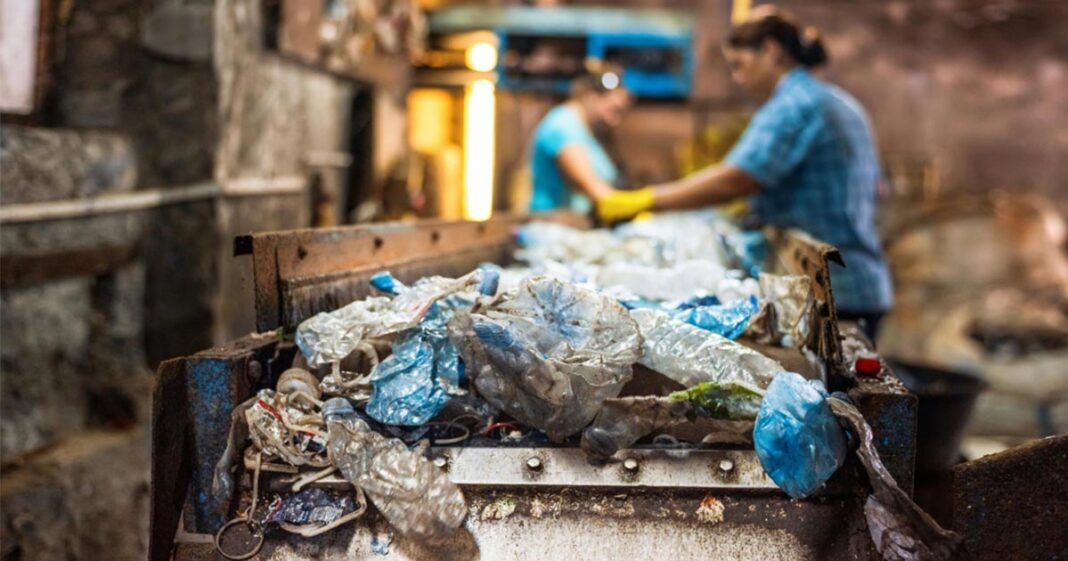
In a country where 62 million tonnes of waste is generated annually, India’s informal waste economy has long operated in the shadows. But as environmental consciousness grows, government policies evolve, and technology steps in, a new kind of green entrepreneurship is rising—scrap businesses are going mainstream.
From humble kabadiwalas to high-tech recycling startups, the Indian scrap industry is undergoing a revolution. And the best part? You don’t need a huge capital to get started. All it takes is smart planning, legal clarity, and a commitment to sustainability.
Why Scrap Business, Why Now?
India’s scrap industry is estimated to be worth over INR 60,000 crore, and growing at 7–9% annually. With increasing focus on the circular economy, recycling mandates, and a national vehicle scrappage policy, the sector is booming.
“There’s gold in garbage—literally,” says Rohan Gupta, co-founder of Attero Recycling, a Noida-based startup that extracts rare metals like gold and cobalt from e-waste. “What used to be seen as dirty work is now critical to India’s tech and industrial future.”
From metal and paper to e-waste and plastic, the demand for recyclable raw materials is surging. With China restricting waste imports and global supply chains stretched, manufacturers are turning local—and that’s where scrap entrepreneurs step in.
A Grassroots Goldmine: Stories from the Field
- The Rise of Recykal (Hyderabad)
When Abhay Deshpande launched Recykal in 2016, it wasn’t clear if India was ready for a digital waste marketplace. Today, Recykal connects over 400 municipalities, 1,000+ recyclers, and businesses like Coca-Cola and Unilever, facilitating traceable, data-driven waste transactions via its mobile app.
Recykal’s model is simple but powerful: waste generators can schedule pickups, track collections, and receive digital payments. The app also offers real-time prices, ensuring transparency in an industry long plagued by middlemen.
“We built Recykal like a fintech company for waste,” Deshpande told The Hindu BusinessLine. “Our goal is to formalize waste and make it a part of India’s growth story.”
- ScrapUncle – Kabadiwala Goes Digital (Delhi NCR)
A small startup with big heart, ScrapUncle brings the humble kabadiwala online. Customers in Delhi NCR can now schedule doorstep pickups for old newspapers, plastic, and electronics through a sleek mobile app. The difference? Verified agents, accurate weighing, and instant payments.
Founded by Abhishek Kumar, an IIT Delhi alumnus, ScrapUncle not only empowers local waste pickers with training and digital tools, but also ensures that the collected scrap reaches licensed recyclers.
“People want to recycle, but they also want convenience and trust. That’s what we offer,” Abhishek shared in an interview with India Today.
- CERO – India’s First Government-Authorized Scrapping Unit
In partnership with the Mahindra Group, CERO operates authorized vehicle scrappage centers under India’s Vehicle Scrappage Policy (2021). Old, polluting vehicles are now deregistered and recycled legally, with incentives for vehicle owners like road tax rebates and discounts on new purchases.
From dismantling to reuse, everything is tracked digitally, creating a formal supply of quality ferrous scrap for steel plants like Tata Steel and JSW.
How to Start Your Own Scrap Business: A 5-Step Blueprint
- Choose Your Niche
Start with one or two types of scrap:
- Metal (high profit margins)
- Plastic or paper (easy to source)
- E-waste (growing demand, especially in cities)
- Vehicle scrap (needs regulatory tie-ups)
- Legal & Licensing
- Register your business (proprietorship or LLP)
- Get a trade license and GST number
- For bulk scrap or vehicle dismantling, apply for a Pollution Control NOC
- Set Up Operations
- Start with a 500–1,000 sq. ft. warehouse or yard
- Basic tools: digital weighing scale, segregation bins, gloves, masks
- Rent or partner for a transport vehicle
- Hire 2–3 workers for sorting and loading
- Find Buyers and Sellers
- Source scrap from:
- Households and shops
- Offices and housing societies
- Factories and construction sites
- Sell to:
- Local recyclers
- Steel plants and aggregators
- Government-authorized units (like CERO)
- Go Digital
- Create a website or app to schedule pickups
- Share daily scrap prices via WhatsApp
- Use apps like Recykal, The Kabadiwala, or ScrapUncle as inspiration
The Tech Edge: Your Own Scrap App
You can build a mobile app for your scrap business like “ScrapMate” with features such as:
- GPS-based pickup scheduling
- Real-time pricing updates
- Weighing confirmation with digital invoice
- Payments via UPI or bank transfer
- Loyalty points for repeat customers
With India’s smartphone penetration at 76% and growing, this could give your business a major edge.
Challenges to Watch Out For
| Challenge | Strategy to Tackle It |
| Price fluctuations | Diversify materials, track commodity rates |
| Informal competition | Build trust with verified service & records |
| Regulatory compliance | Consult legal experts, apply online |
| Logistics & manpower | Partner with local transporters & kabadis |
The Green Billionaire Mindset
The future of scrap is not in rags, but in data, scale, and brand. Whether it’s Recykal’s nationwide network or ScrapUncle’s kabadiwala empowerment, these startups prove that scrap can be sexy—and scalable.
India’s scrap industry is no longer just about junk. It’s about job creation, climate goals, and entrepreneurial success. And if you’re sitting on the fence about starting your own venture, just remember:
One person’s waste is another person’s startup idea.





